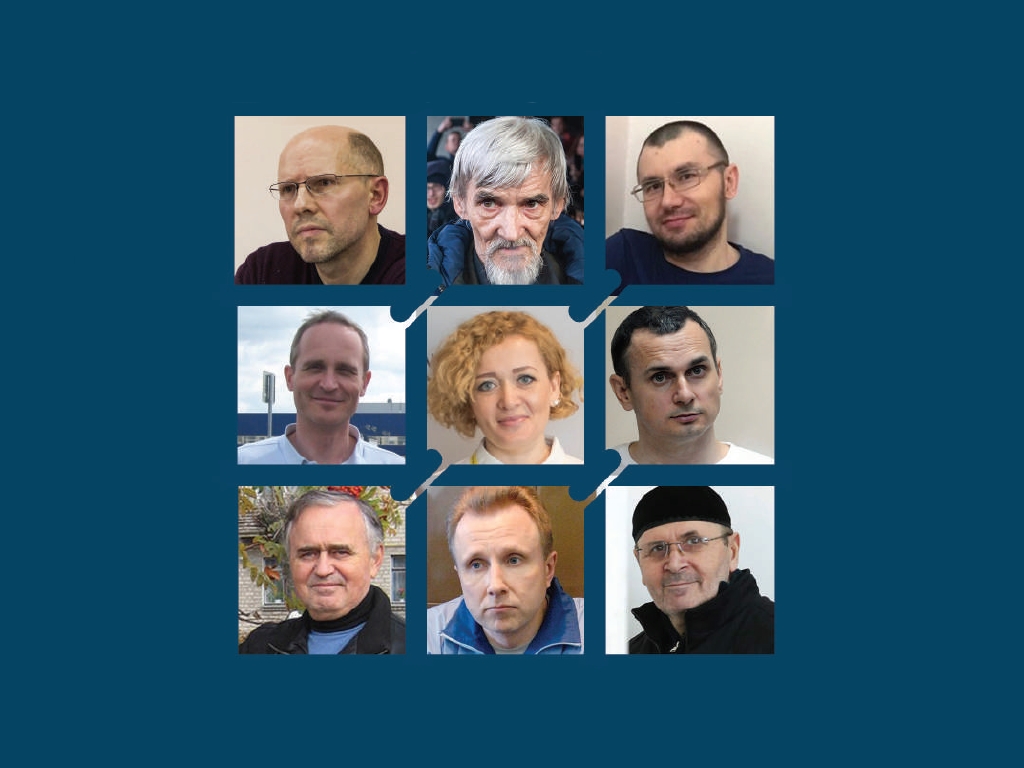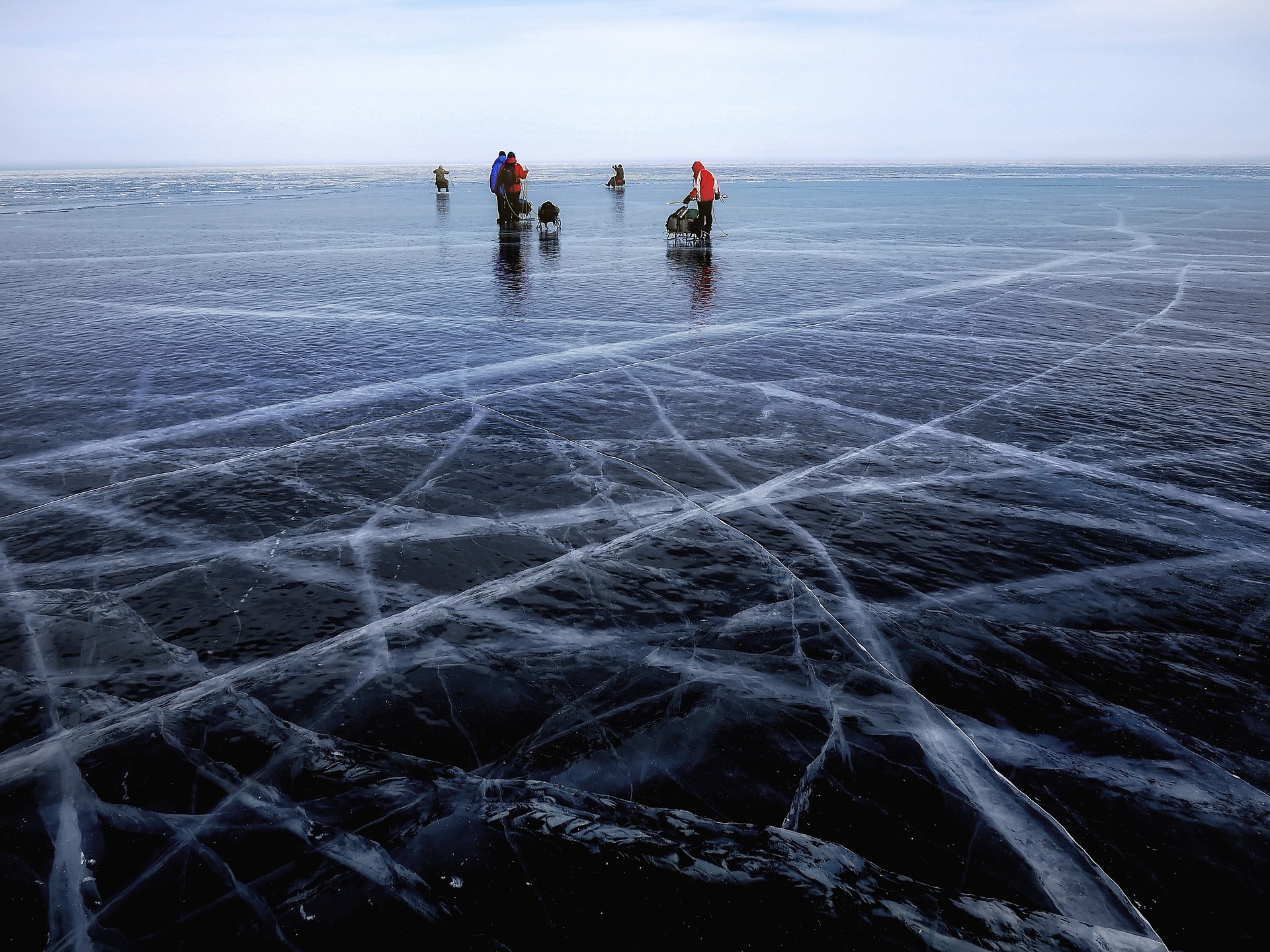Report: The Kremlin’s Political Prisoners: Advancing a Political Agenda by Crushing Dissent
By Free Russia Foundation April 29, 2019

By Free Russia Foundation April 29, 2019

A 282‑page report on the Kremlin’s political prisoners – The Kremlin’s Political Prisoners: Advancing a Political Agenda by Crushing Dissent – was authored by the public interest law firm Perseus Strategies, with support from Memorial Human Rights Centre (Russia), and was commissioned by the Free Russia Foundation, Human Rights Foundation, Lantos Foundation for Human Rights and Justice, and Raoul Wallenberg Centre for Human Rights.
The report documents how, decades after the last Soviet‑era political prisoners were released, the Kremlin, under the leadership of President Vladimir Putin, is once again engaged in the widespread detention of activists, regime opponents, and disfavored minorities. In the last four years alone, the number of political prisoners have increased five‑fold from 50 to more than 250. While some of these political prisoners were convicted of fabricated crimes they simply did not commit, the majority are detained as a result of engaging in activities that are clearly protected under international law, such as posting on social media, participating in peaceful protests, practicing their religion, or associating with certain groups. This persecution is enabled by an ever‑increasing array of laws specifically designed to criminalize acts of everyday life and, therefore, allow the authorities to arrest, detain, and imprison anyone they want.
The Kremlin’s arrest, trial, conviction, sentencing, and imprisonment of political prisoners violates several multilateral treaties to which Russia is a state party, including the International Covenant on Civil and Political Rights, European Convention on Human Rights, and Convention Against Torture and Other Cruel, Inhuman, or Degrading Treatment or Punishment. In particular, the Kremlin is violating political prisoners’ rights to political participation and freedom of expression, association, assembly, and religion. Moreover, political prisoners are routinely denied basic due process rights – including access to counsel, the presumption of innocence, the presumption of bail, and a fair trial – and subjected to torture to force them to falsely confess.
While countless government officials are complicit in the Kremlin’s persecution of political prisoners, this report identifies 16 individuals that may bear particular responsibility. This includes eight high‑level officials potentially liable under the principle of command responsibility – President Vladimir Putin; Alexander Bortnikov, Director of the Federal Security Service (FSB); Nikolai Patrushev, Secretary of the Security Council; Yuri Chaika, Prosecutor General; Gennady Kornienko, Director of the Federal Penitentiary Service; Aleksandr Konovalov, Minister of Justice; Vladimir Kolokoltsev, Minister of Internal Affairs; and Alexander Bastrykin, Chairman of the Investigative Committee. The report also identifies eight judges, prosecutors, and investigators that have been involved in multiple political prisoner cases.
Read Olga Shorina's report on how Kremlin uses GONGOs to achieve its goals both inside and outside Russia
By Olga Shorina
January 28, 2019
By Free Russia Foundation
May 29, 2019
 Report
Report The 2017 protests across Russia surprised many observers both inside and outside the country—no one quite expected to see so many young people, including high school students, taking to the streets to express dissatisfaction with the current political leadership.
By Vladimir Milov
May 28, 2019

Read Olga Shorina's report on how Kremlin uses GONGOs to achieve its goals both inside and outside Russia
By Olga Shorina
January 28, 2019
By Free Russia Foundation
May 29, 2019
 Report
Report The 2017 protests across Russia surprised many observers both inside and outside the country—no one quite expected to see so many young people, including high school students, taking to the streets to express dissatisfaction with the current political leadership.
By Vladimir Milov
May 28, 2019
